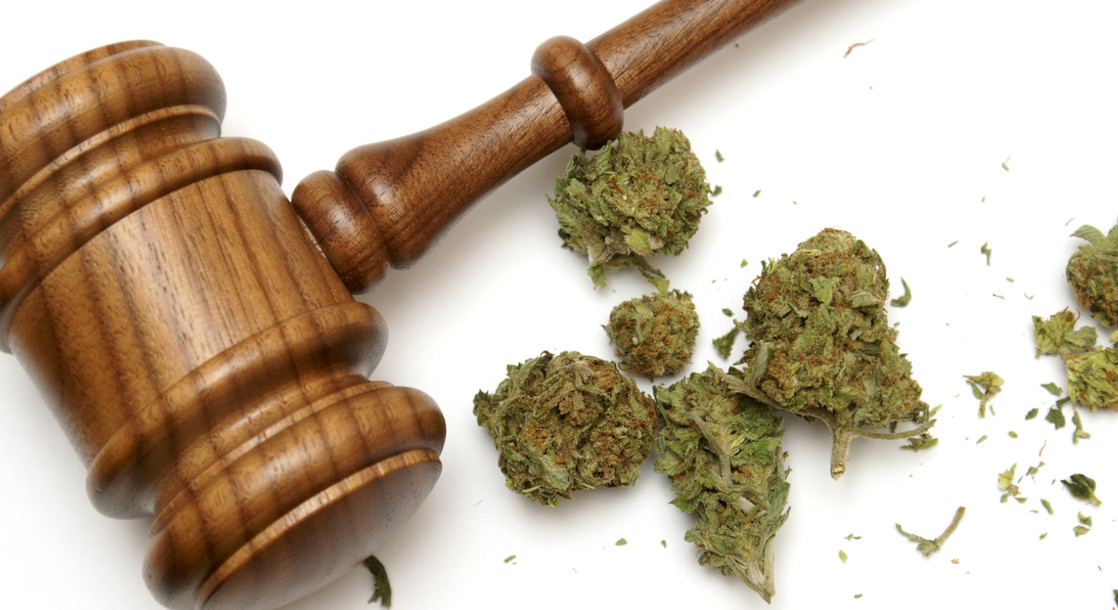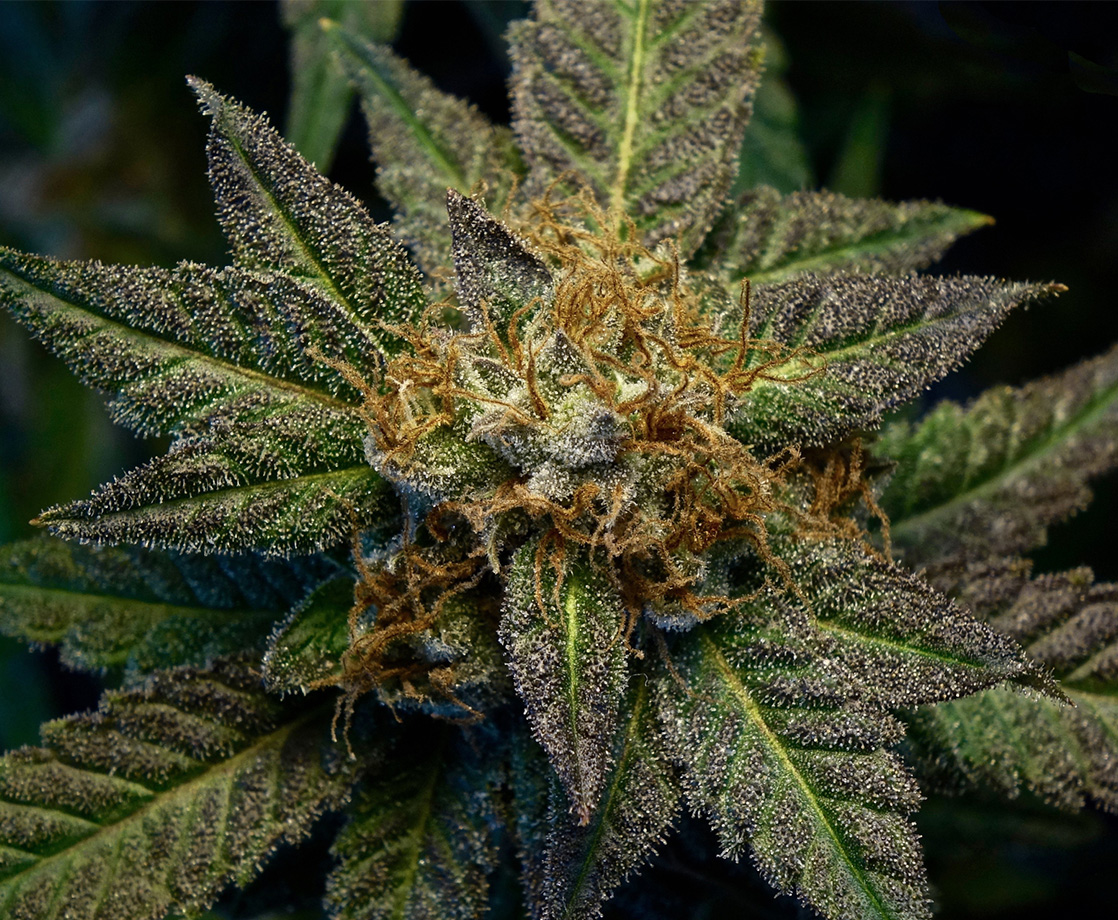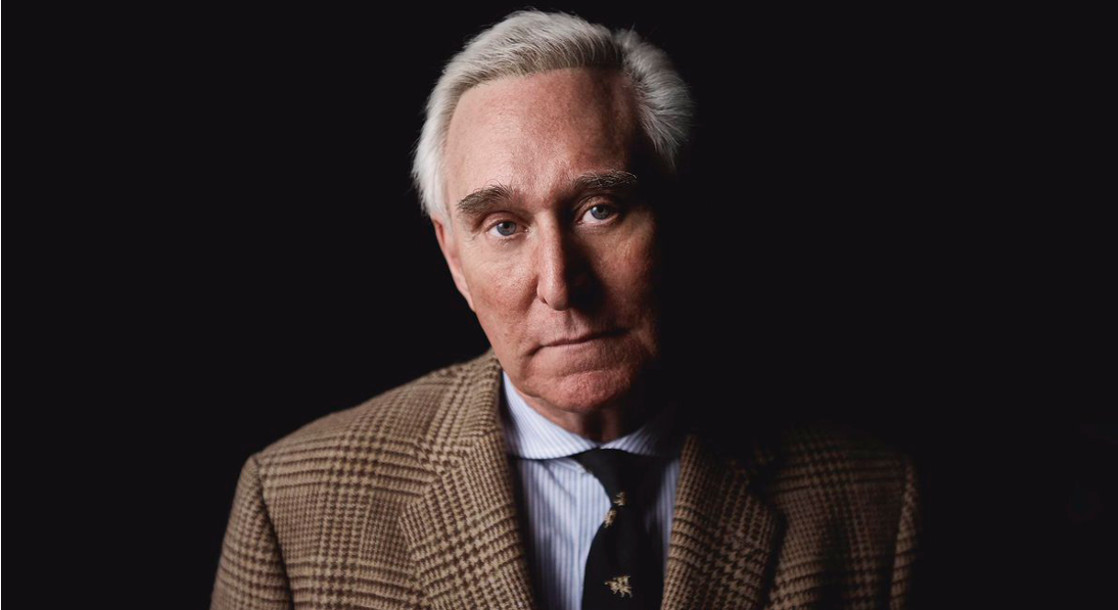According to two top cannabis law firms, U.S. Attorney General Jeff Sessions’ threats to crack down on America’s legal cannabis industries could be mere bloviation. The cannabis industry is playing a waiting game for the time being, but they may be able to relax, at least for now.
Sessions heads the U.S. Department of Justice (DOJ), which oversees federal law enforcement agencies including the FBI and DEA. In past years and recent months, he has publicly stated, “Good people do not smoke marijuana,” and, “I’ve never felt that we should legalize marijuana.” His anti-pot position harkens back to the days of President Reagan’s “Just Say No” era, with a zero-tolerance approach.
The anxiety caused by Sessions’ statements has been bolstered by the uncertainty surrounding the Rohrabacher-Farr amendment, attached to the U.S. government’s federal spending bills since 2014. This amendment prevents the DOJ from prosecuting medical marijuana patients, cultivators, and distributors who follow their state laws. In September, a House committee blocked a vote to include the Rohrabacher-Farr amendment in the 2018 spending bill, signaling the end of a “hands-off” marijuana policy established by President Obama and former Attorney General Eric Holder’s DOJ.
However, the U.S. Senate did vote to keep the protections, now called the Rohrabacher-Blumenauer amendment (after Rep. Samuel Farr’s retirement this year), in their version of the spending bill. In December, Congress must reconcile the two versions of the federal budget, meaning the amendment is still on the table. If the amendment gets scrapped, the DOJ can go after state-compliant medical marijuana operations, or any registered patient in possession of medical cannabis. This was tested just this month in Washington State, where the DOJ admitted it violated the amendment, ultimately dropping its case against medical marijuana growers who became known as the "Kettle Falls Five."
Mitchell Kulick and Bryan Meltzer are attorneys at the New York-based law firm Feuerstein Kulick. Both lawyers specialize in cannabis law, and during a phone call with MERRY JANE, they seemed unfazed by Sessions’ prohibitionist statements.
“If [the Rohrabacher-Blumenauer amendment] doesn’t make it into the budget, that’s going to be a problem,” says Meltzer. “But I don’t think we’re ready to say the House leadership purposely ignored it because they’re hostile to cannabis. They knew it would be extended because the Senate already put it forward.”
Sessions is “definitely no friend of cannabis,” adds Kulick, “but the reality is he’s limited by a number of other external constraints.”
The biggest constraint, according to Kulick, is public opinion. He cites recent polls which show nearly 90 percent of Americans support medical marijuana, 64 percent support recreational legalization, and 51 percent of Republicans — who have traditionally opposed legalization — now want some kind of marijuana law reform.
“One thing we like to talk about,” Kulick continues, “is Florida’s election results last year.” Florida, a red state, voted for Trump and passed a medical marijuana bill last November. “Donald Trump got 48 percent of the vote there; marijuana got 72 percent of the vote. Medical marijuana is not a partisan issue.”
Additionally, a DOJ-appointed task force suggested in August that Sessions chill on the weed thing for now.
The wait-and-see stance from legal teams is present in Colorado, too. Colorado was the first state to pass recreational marijuana legislation in 2012. A proposed bill would allow all licensed recreational weed businesses to revert to medical marijuana licensing to shield them from a federal crackdown. Without the Rohrabacher-Blumenauer amendment, that shield would ultimately prove flimsy.
But Garrett Graff, an associate attorney at Denver’s Hoban Law Group, believes even without the amendment, the DOJ’s own Cole memo still provides some protections. The Cole memo, issued in 2013, set federal guidelines for states’ legal marijuana programs with provisions such as not selling to minors and keeping all weed products within state borders that, if followed, would prevent federal interference.
Surprisingly, Sessions called the Cole memo “valid” in March, indicating he would respect its guidelines — for now.
“With respect to the Cole memo, even if Rohrabacher-Farr was not renewed, we still have that small save, assuming that all stayed in place,” says Graff. “Despite the rhetoric from Attorney General Sessions, it’s an interesting anecdote that, as of right now, there are not necessarily any protections afforded to recreational marijuana businesses. Sessions could withdraw the Cole memo protections and immediately come into Colorado to enforce federal law against adult-use businesses. And he’s not done so as of yet.”
Graff adds that the DOJ must work within the confines of their budget, as well. Limited resources will force the feds to carefully choose which cannabis operations they go after, and black marketeers have been priority targets since George W. Bush’s administration.
“That’s where those resources have been focused, and that’s where they should be focused,” says Graff.
All three attorneys indicated they’ve advised their clients to be aware of the DOJ’s threats for a potential crackdown, but until the DOJ makes a move, everyone in the cannabis industry’s best bet is to remain squeaky clean and follow the rules.
“Compliance is the answer, because at the end of the day, this is a highly regulated industry,” says Kulick. “Anyone with state licenses is showing their ability to be good corporate citizens, paying their taxes, doing things above board. Ultimately, we believe that’s the best defense against Sessions’ criticism of the industry.”
Sessions himself maintains that marijuana is illegal despite state laws, due to the federal supremacy clause. “If that’s something that’s not desired any longer, Congress should pass a law to change the rule,” he said during his Senate confirmation hearing in February. Changing the law is something, ironically, we can all agree on.











